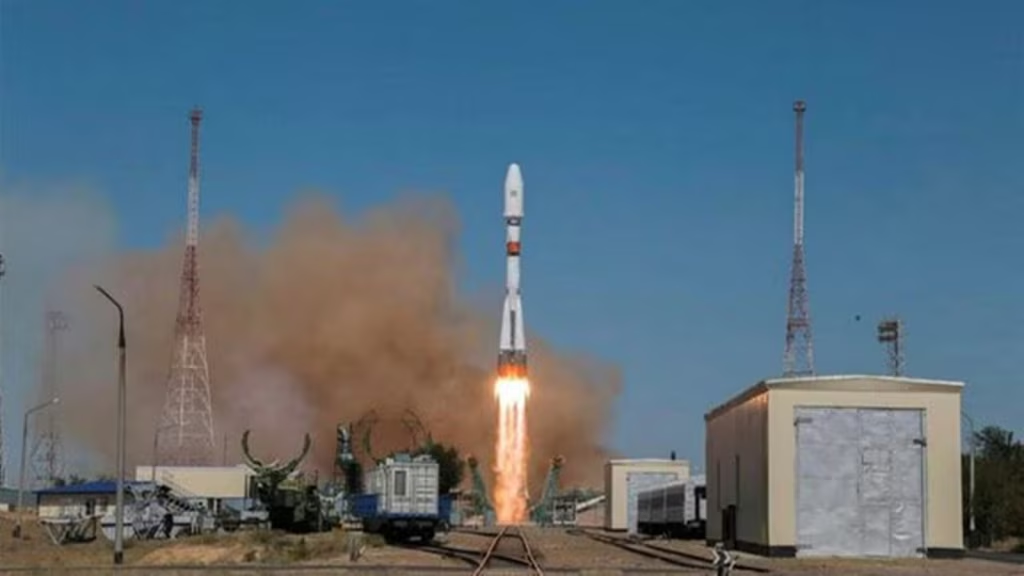
Key Points:
- The US has accused Russia of launching an anti-satellite weapon, escalating tensions and raising concerns about the weaponization of space.
- Russia denies the accusations, calling them “fake news” and reiterating its commitment to the peaceful use of space.
- This incident highlights the urgent need for international dialogue and cooperation to establish clear norms and prevent an arms race in space.
Russia Fuels Space Militarization Fears
The United States has accused Russia of launching a space-based weapon capable of targeting and destroying satellites in low Earth orbit, escalating already heightened tensions between the two nations. The Pentagon claims the weapon, identified as COSMOS 2576, was launched on May 16, 2024, from the Plesetsk Cosmodrome and has maneuvered into the same orbital plane as a US government satellite.
Pentagon spokesperson Air Force Major General Pat Ryder stated that while COSMOS 2576 has yet to take any aggressive action, its capabilities and orbital positioning are concerning. The US asserts that this launch aligns with a pattern of “reckless space behavior” exhibited by Russia and raises serious questions about the Kremlin’s commitment to peaceful use of space.
The Russian government has vehemently denied these accusations, dismissing them as “fake news” propagated by Washington. “I don’t think we should respond to any fake news from Washington,” Russian Deputy Foreign Minister Sergei Ryabkov told the Interfax news agency. Ryabkov reiterated Russia’s longstanding opposition to the weaponization of space, stating that Moscow remains committed to peaceful exploration and scientific endeavors in orbit.
A History of Tensions in Space
Further amplifying concerns, the United States has drawn attention to an event that transpired in 2021, during which the Russian Federation conducted a test of a direct-ascent anti-satellite missile. This test, which targeted a decommissioned satellite from Russia, resulted in widespread international condemnation due to generating a substantial quantity of debris within low Earth orbit. This debris field poses a tangible risk to operational satellites, underscoring the potential for significant collateral damage should a conflict involving space-based assets arise.
Growing Concerns over Space Militarization
The recent accusations against Russia have reignited international concerns over the growing militarization of space. Many experts worry that the lack of clear international treaties and regulations governing military activities in space increases the risk of miscalculation and potential conflict.
“The deployment of anti-satellite weapons, particularly those with destructive capabilities, undermines the stability and security of the space domain,” stated Dr. Jessica West, a space security expert at Project Ploughshares. “It is crucial for the international community to engage in meaningful dialogue and establish clear norms of behavior to prevent an arms race in space.”
While accusing Russia of weaponizing space, the US has also been criticized for its own space-based military programs. This situation underscores the urgent need for international cooperation and diplomacy to ensure the peaceful and sustainable use of space for all nations.
